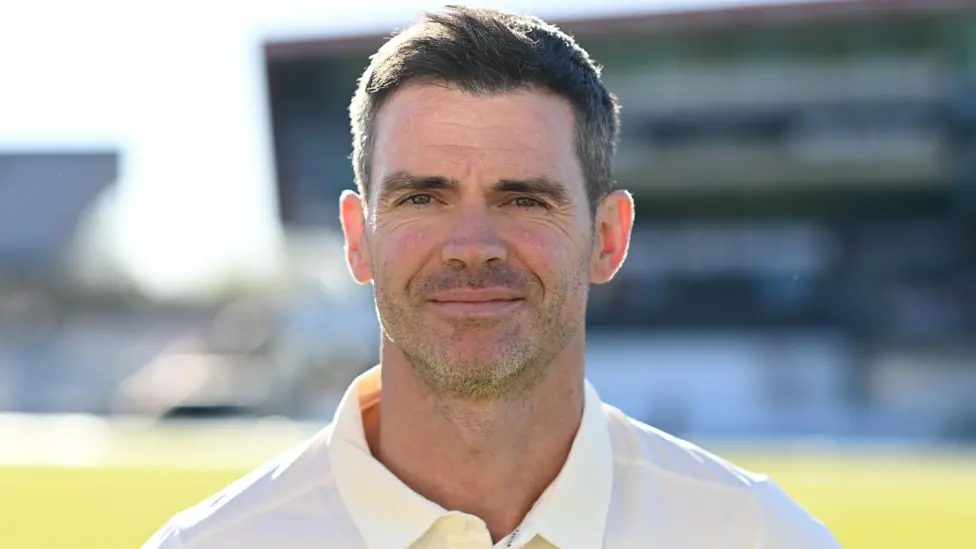How sports coaches are helping tackle toxic masculinity
How Sports Coaches are Helping Tackle Toxic Masculinity
Sports coaches play a crucial role in shaping the attitudes and behaviors of young athletes. Through their guidance and mentorship, coaches have the opportunity to challenge harmful stereotypes and promote healthy masculinity.
By fostering an environment of respect, teamwork, and empathy, coaches can help create a safe space for athletes to express themselves and challenge traditional notions of masculinity.
Through their coaching techniques and interactions with players, coaches can model positive communication and emotional intelligence, helping to break down barriers to open and honest expression.
Coaches can also address toxic masculinity by promoting inclusivity and diversity within their teams, celebrating the unique strengths and talents of each athlete regardless of gender or identity.
By encouraging vulnerability and emotional expression, coaches can empower athletes to reject harmful ideals of stoicism and invulnerability, promoting mental health and wellbeing.
Through their leadership and mentorship, coaches can help athletes navigate complex social pressures and expectations, equipping them with the tools to challenge harmful attitudes and behaviors both on and off the field.
By fostering a culture of accountability and respect, coaches can help create a more inclusive and equitable sports environment, where all athletes feel valued and supported.
Ultimately, sports coaches have the power to shape the next generation of athletes and leaders, promoting a more positive and healthy vision of masculinity that embraces empathy, compassion, and respect.






